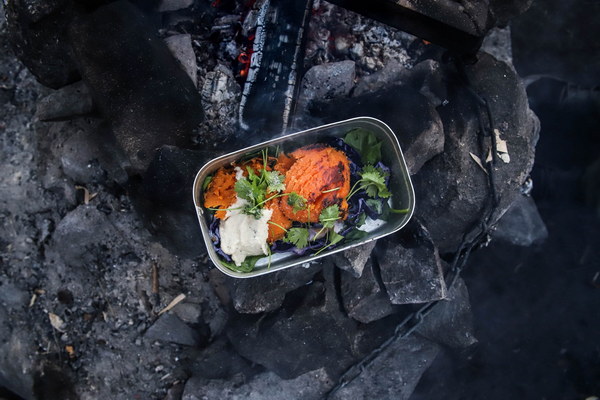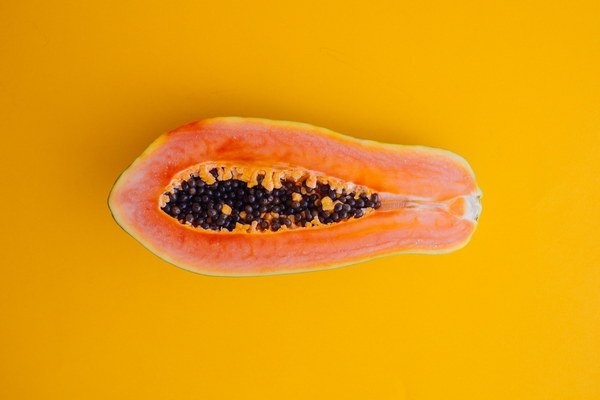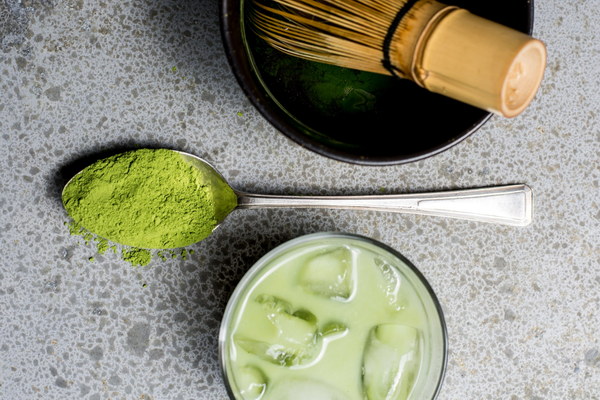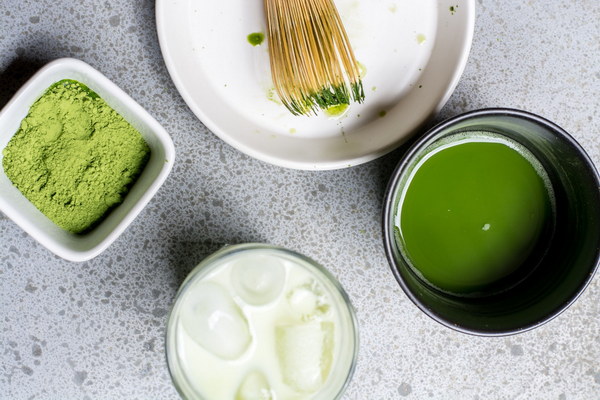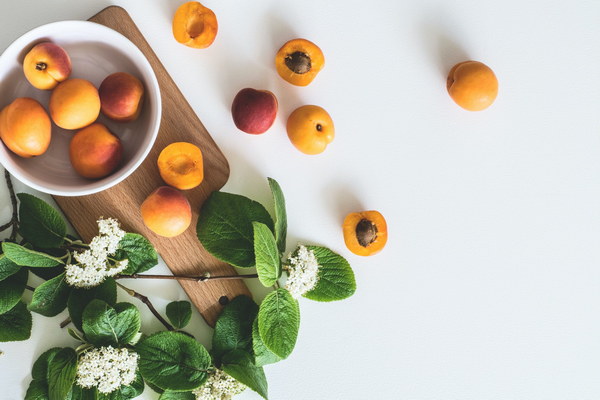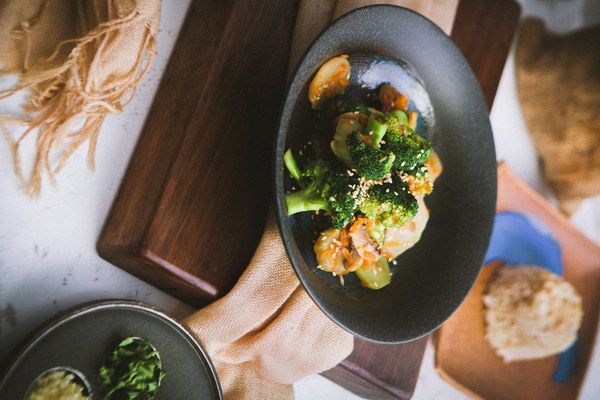Are Traditional Chinese Herbs for Dampness-Relieving and Qi-Boosting Expensive
Traditional Chinese medicine (TCM) has been practiced for thousands of years, and its effectiveness in treating various health conditions has been well-documented. Among the numerous benefits of TCM, dampness-relieving and Qi-boosting are two of the most sought-after. However, many people are curious about the cost associated with these herbal remedies. In this article, we will explore the price of TCM herbs for dampness-relieving and Qi-boosting, and provide some insights into whether they are worth the investment.
Firstly, it is important to understand that the cost of TCM herbs can vary significantly depending on several factors. These factors include the quality of the herbs, their origin, and the expertise of the practitioner. High-quality TCM herbs are typically sourced from reputable suppliers and undergo rigorous testing to ensure their purity and effectiveness. Moreover, the expertise of the practitioner plays a crucial role in determining the cost, as they must be well-versed in TCM principles and have the skills to create personalized herbal formulas.
One of the primary herbs used in dampness-relieving and Qi-boosting formulas is Astragalus (Huang Qi). Astragalus is known for its immune-boosting properties and its ability to enhance overall energy levels. High-quality Astragalus roots can range in price from $5 to $20 per ounce, depending on the supplier and the quality of the herb. When combined with other herbs in a formula, the cost can vary accordingly.
Another popular TCM herb for dampness-relieving and Qi-boosting is Poria (Fu Ling). Poria is a mushroom-like substance that is believed to aid in draining dampness from the body. Similar to Astragalus, the price of Poria can range from $5 to $15 per ounce, depending on quality and origin.
While the cost of these individual herbs may seem relatively high, it is important to consider the overall value they offer. High-quality TCM herbs can provide relief from a variety of symptoms, including fatigue, bloating, and weight gain, which are often associated with dampness and weak Qi. In some cases, TCM herbal formulas may be more effective than conventional treatments, leading to a better quality of life and potentially reducing long-term healthcare costs.
Moreover, TCM practitioners often offer discounts on herbal formulas for patients who commit to a certain number of treatments or for those who purchase a larger quantity of herbs. These discounts can make the cost more manageable for those who are committed to following a TCM treatment plan.
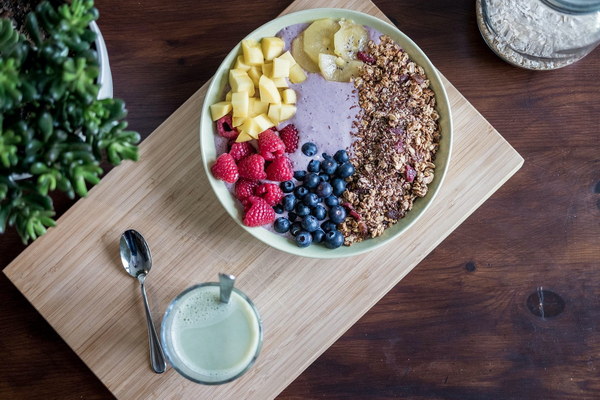
However, it is essential to be cautious when purchasing TCM herbs, as there are numerous counterfeit products on the market. To ensure the quality and effectiveness of the herbs, it is best to purchase from reputable suppliers and practitioners who can provide accurate information about the origin and quality of the herbs.
In conclusion, the cost of TCM herbs for dampness-relieving and Qi-boosting can vary significantly, but the potential benefits they offer may make them a worthwhile investment. By choosing high-quality herbs from reputable sources and working with an experienced TCM practitioner, patients can maximize the effectiveness of their treatment while minimizing the risk of counterfeit products. Ultimately, the decision to use TCM herbs for dampness-relieving and Qi-boosting should be based on individual health needs, financial considerations, and a willingness to explore alternative treatment options.
